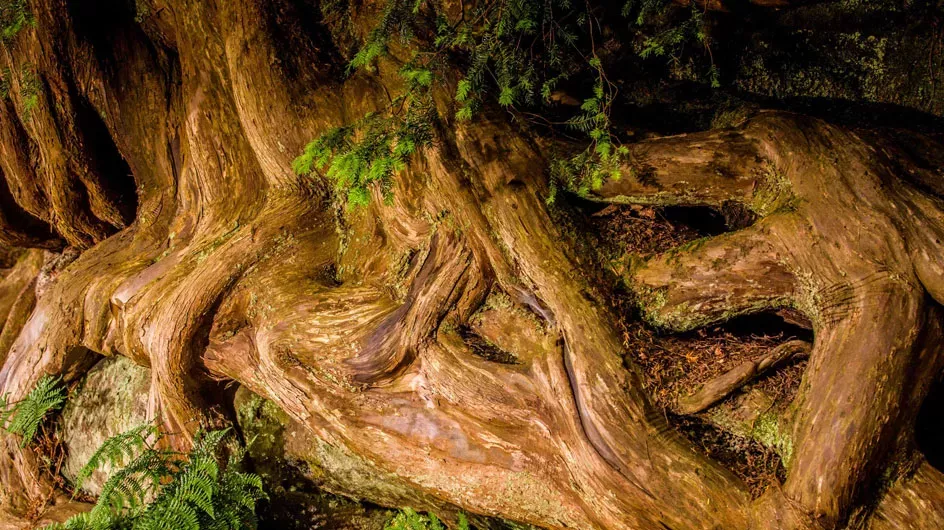KS3 Woodland studies
Pupils take part in a woodland investigation in one of the sustainably managed coppice woodland areas at Wakehurst.

Level
Duration
Allocated space
Recommended dates
Pupils use a variety of fieldwork techniques to investigate the plants found in the coppiced areas.
They observe and record the environmental changes which take place at different stages in the coppicing cycle and their effects on plant and animal life. They learn about woodland conservation and discuss the sustainability of coppicing.
Learning outcomes
We design our sessions to match the learning outcomes in the national curriculum. Our sessions have a cross-curricular approach and are tailored to suit the educational needs of your group.
We aim to give pupils opportunities to work scientifically in areas that are difficult or impossible to create in the school environment.
This session offers pupils the opportunity to:
- Investigate and appreciate the diversity of plants and animals in the woodland habitat.
- Understand human influence on biodiversity.
- Use scientific sampling methods to gather data.
- Measure abiotic factors such as light and temperature.
- Identify plant and animal species.
- Learn about sustainable woodland conservation.
Curriculum links
This KS3 visit supports and enhances the science and geography curriculum offered in schools.
Science
Experimental skills and investigations
- Make predictions using scientific knowledge and understanding, paying attention to health and safety.
- Use appropriate techniques, apparatus, and materials during fieldwork.
- Make and record observations and measurements using a range of methods for different investigations; and evaluate the reliability of methods and suggest possible improvements.
- Apply sampling techniques.
Biology
- The interdependence of organisms in an ecosystem, including food webs.
- How organisms affect, and are affected by, their environment.
- The importance of maintaining biodiversity.
Geography
- Use fieldwork in contrasting locations to collect, analyse and draw conclusions from geographical data, using multiple sources of increasingly complex information.
- Extend locational knowledge.
- Understand how human and physical processes interact to influence, and change landscapes, environments and the climate; and how human activity relies on effective functioning of natural systems.
